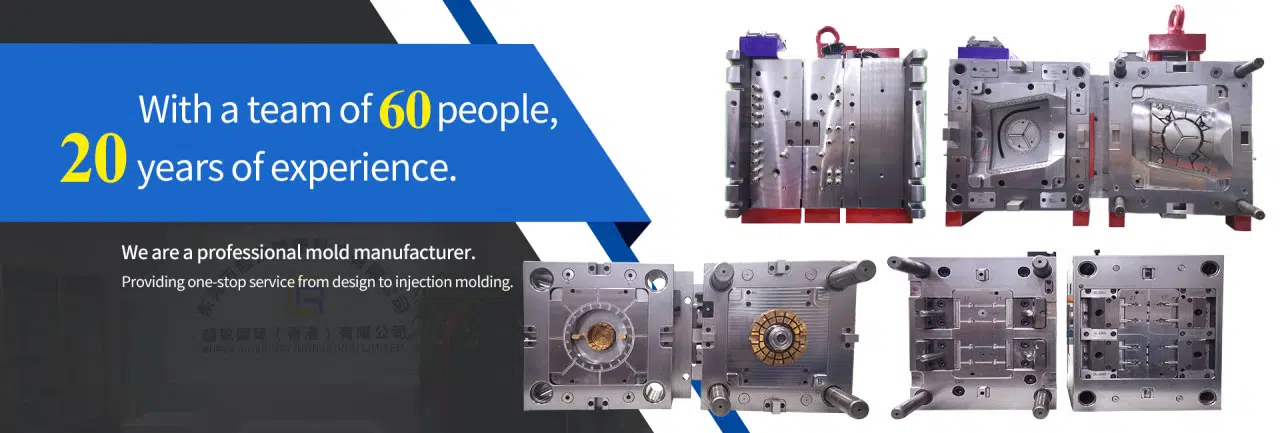
# Implementation Strategies for IATF 16949 Quality Management System in Automotive Industry
Understanding IATF 16949 Requirements
The IATF 16949 standard represents the pinnacle of quality management systems for automotive manufacturers and suppliers. This technical specification, built upon the ISO 9001 framework, establishes specific requirements for continual improvement, defect prevention, and reduction of variation and waste in the automotive supply chain.
Before implementing IATF 16949, organizations must thoroughly understand its core requirements including process approach, risk-based thinking, and customer-specific requirements. The standard emphasizes the need for documented processes covering all aspects of product realization from design to delivery.
Key Implementation Steps
1. Gap Analysis and Readiness Assessment
Conducting a comprehensive gap analysis against current processes and IATF 16949 requirements forms the foundation of successful implementation. This assessment should identify areas requiring process development, documentation updates, and employee training.
2. Leadership Commitment and Quality Policy
Top management must demonstrate active involvement by establishing a clear quality policy aligned with business objectives. This includes defining quality objectives, providing necessary resources, and fostering a culture of continuous improvement.
3. Process Documentation and Control
Develop and maintain a documented quality management system including:
- Quality manual
- Process maps and procedures
- Work instructions
- Records retention system
Critical Success Factors
Employee Training and Competence
Implementing an effective training program ensures all employees understand their role in maintaining quality standards. This includes:
- Core tools training (APQP, PPAP, FMEA, MSA, SPC)
- Process-specific training
- Internal auditor training
Supplier Quality Management
Establish rigorous supplier selection and evaluation processes to ensure the entire supply chain meets IATF 16949 requirements. This includes:
- Supplier quality agreements
- Performance monitoring
- Development programs for critical suppliers
Continuous Improvement Approach
IATF 16949 requires organizations to implement robust continuous improvement processes. Effective strategies include:
- Regular management reviews of quality performance
- Root cause analysis and corrective action systems
- Benchmarking against industry best practices
- Employee suggestion programs
Keyword: IATF 16949
Certification Preparation
When preparing for certification audits, organizations should:
- Conduct thorough internal audits
- Address all nonconformities from internal audits
- Perform management review
- Ensure all required documentation is complete and current
- Prepare employees for audit interviews
Successful implementation of IATF 16949 requires commitment across the entire organization. By following these strategies, automotive companies can achieve certification while realizing tangible benefits in product quality, customer satisfaction, and operational efficiency.
